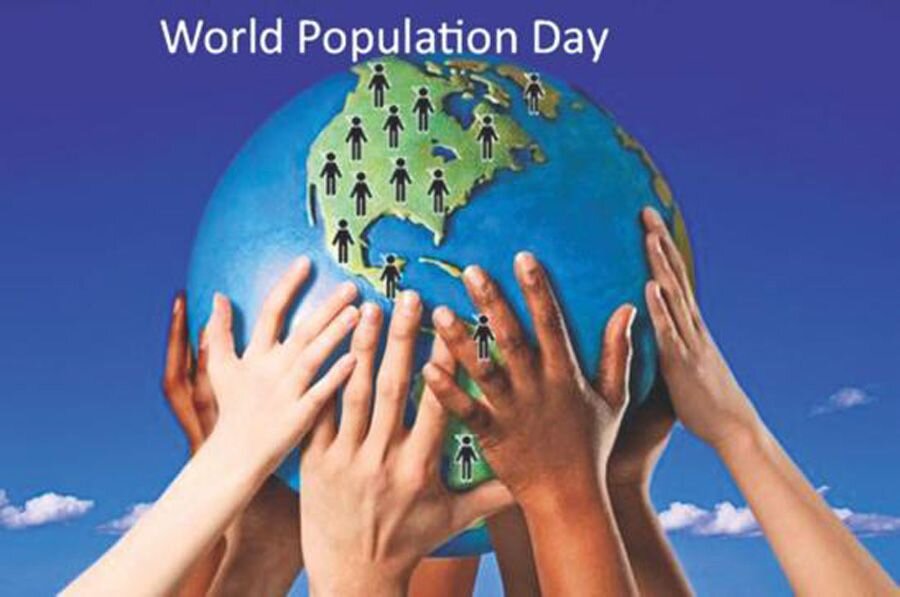World Population Day: data collection key for solving problems

TEHRAN –Observed on July 11, World Population Day focuses on population challenges. This year, it highlights the importance of population data gathering in understanding problems, developing solutions, and making progress.
Over the past three decades, societies around the world have made remarkable progress in improving population data gathering, analysis, and use.
New population figures, disaggregated by age, ethnicity, gender, and other factors, now reflect the diversity of the societies more accurately.
These advancements have significantly enhanced the delivery of health care globally, leading to substantial improvements in sexual and reproductive health and the ability to exercise rights and choices.
Increasingly, new technologies are enabling more detailed and timely measurement of people's experiences than ever before.
However, the most marginalized communities remain underrepresented in data, profoundly affecting their lives and well-being.
World Population Day 2024 is a moment to ask who is still going uncounted and why – and what this costs individuals, societies, and our global efforts to leave no one behind.
It is also a moment for all of us to commit to doing more to ensure that our data systems capture the full range of human diversity so that everyone is seen, can exercise their human rights, and can reach their full potential.
To realize the rights and choices of those on the margins of our societies, we must count them – because everyone counts. Our rich human tapestry is only as strong as its weakest thread. When data and other systems work for those on the margins, they work for everyone. This is how we accelerate progress for all.
Population policies
The National Population Day is annually observed on May 19 to mark the date the Leader of the Islamic Revolution, Ayatollah Seyyed Ali Khamenei, announced general policies on population as per the Constitution.
Underscoring the significant role of the population in national authority, general population policies were announced to compensate for the decrease in population growth and fertility rate over the past years (ended on March 19).
Keeping in mind the positive role of the population in the development of the country, it is necessary to make comprehensive plans for the economic, social, and cultural growth of the country in accordance with the population policies, the leader said.
It is also necessary to share the task among the relevant institutions and government bodies to take the necessary measures with accuracy, and strength, and then report the results of continuous monitoring of the implementation of policies.
Ten years following the announcement of these policies, the administration of the late President Ebrahim Raisi was successful in implementing them with the approval and enforcement of the Law on Family and Youth Support.
According to statistics, with the formation of the National Population Headquarters, holding continuous meetings, and following up on the actions, the law was implemented successfully in the past 30 months.
The law has tried to prevent the population decline by considering a series of incentives for families.
The incentives include providing families with plots of land free of charge, free insurance coverage, loans for house construction and childbearing, and building more infertility treatment centers.
According to the health ministry, since the implementation of the law, the number of births among mothers aged 20 to 24 has notably increased.
The rate of mothers giving birth to three children increased from 16 percent in the Iranian year 1398 (March 2019-March 2020) to 18.97 percent in 1402 (March 2023 –March 2024) and even the fourth childbirth increased from 5 percent to about 7 percent.
The health ministry’s responsibilities in the field of health and education are well-defined and it has successfully implemented more than 95 percent of its tasks in the youth law.
Population is one of the important and key points in the 7th national development plan (2023-2027).
Leave a Comment